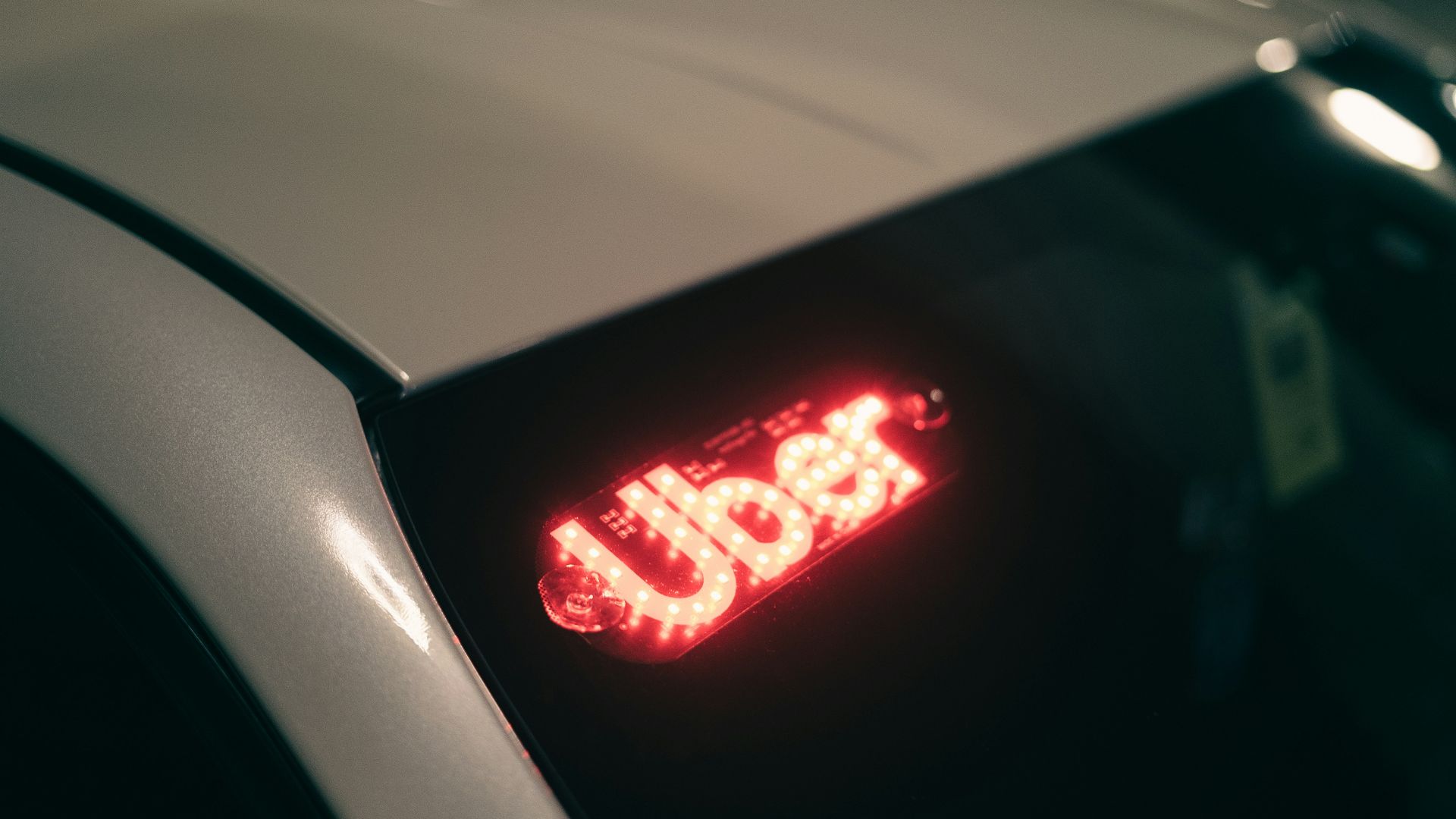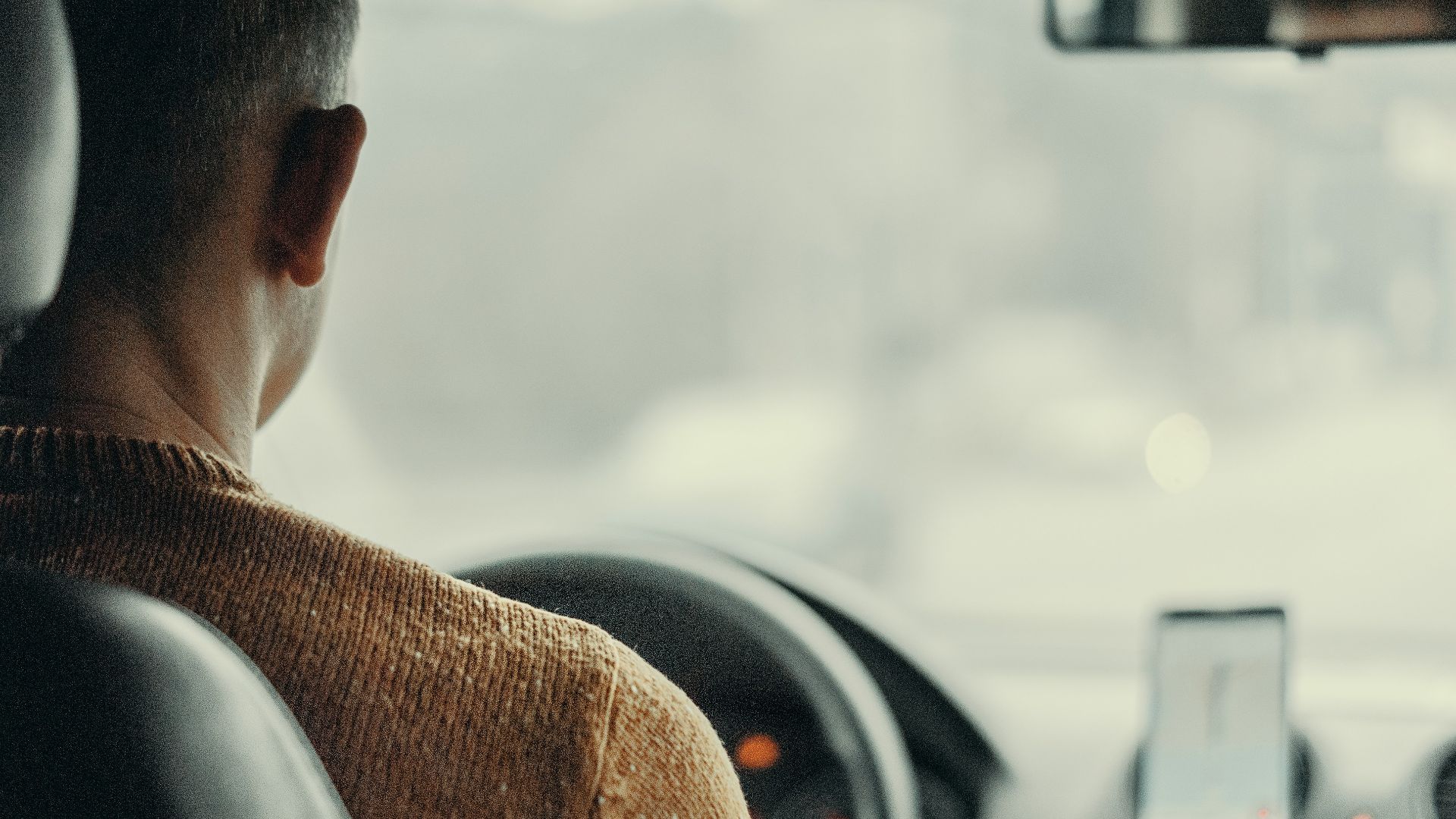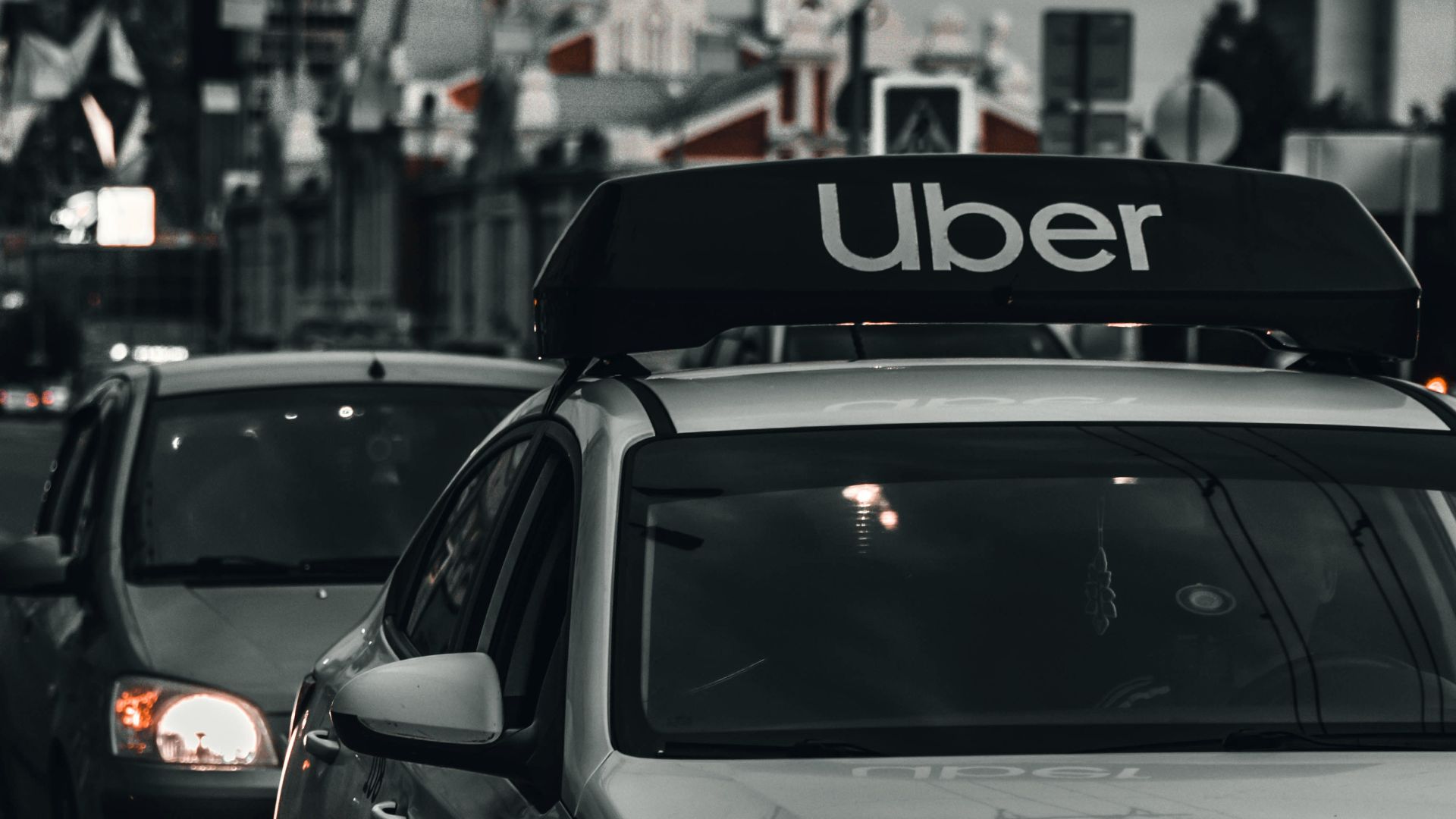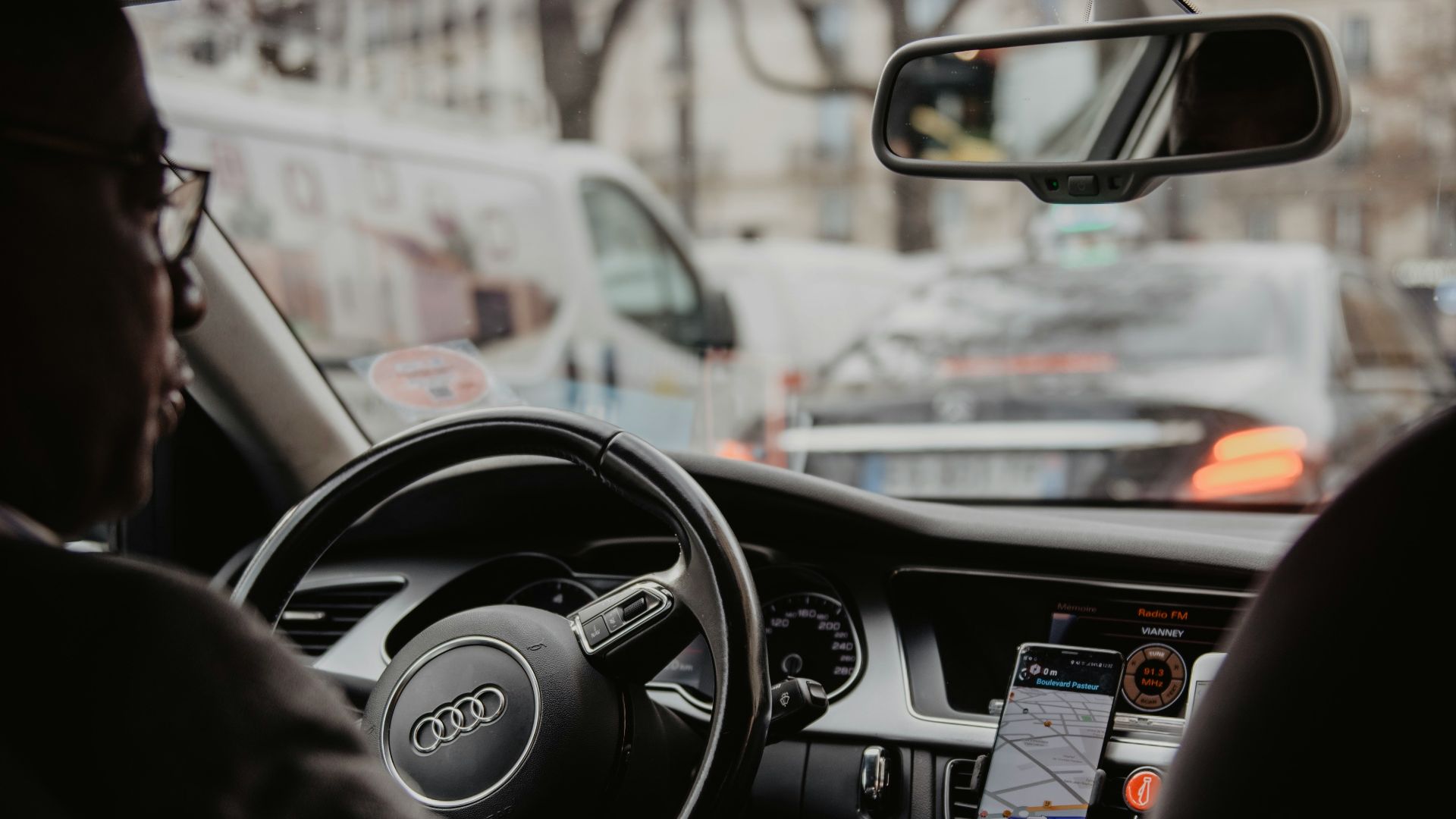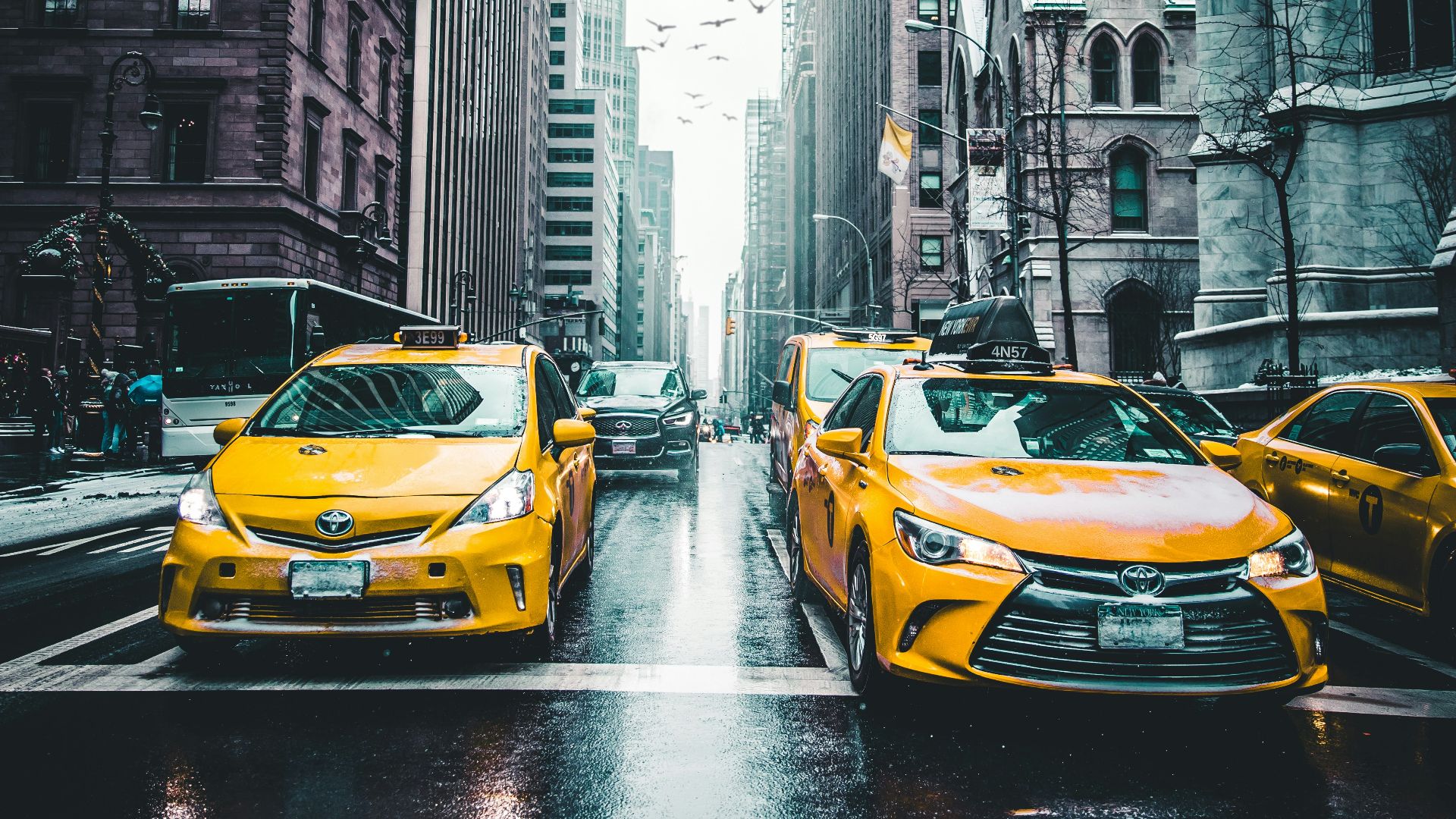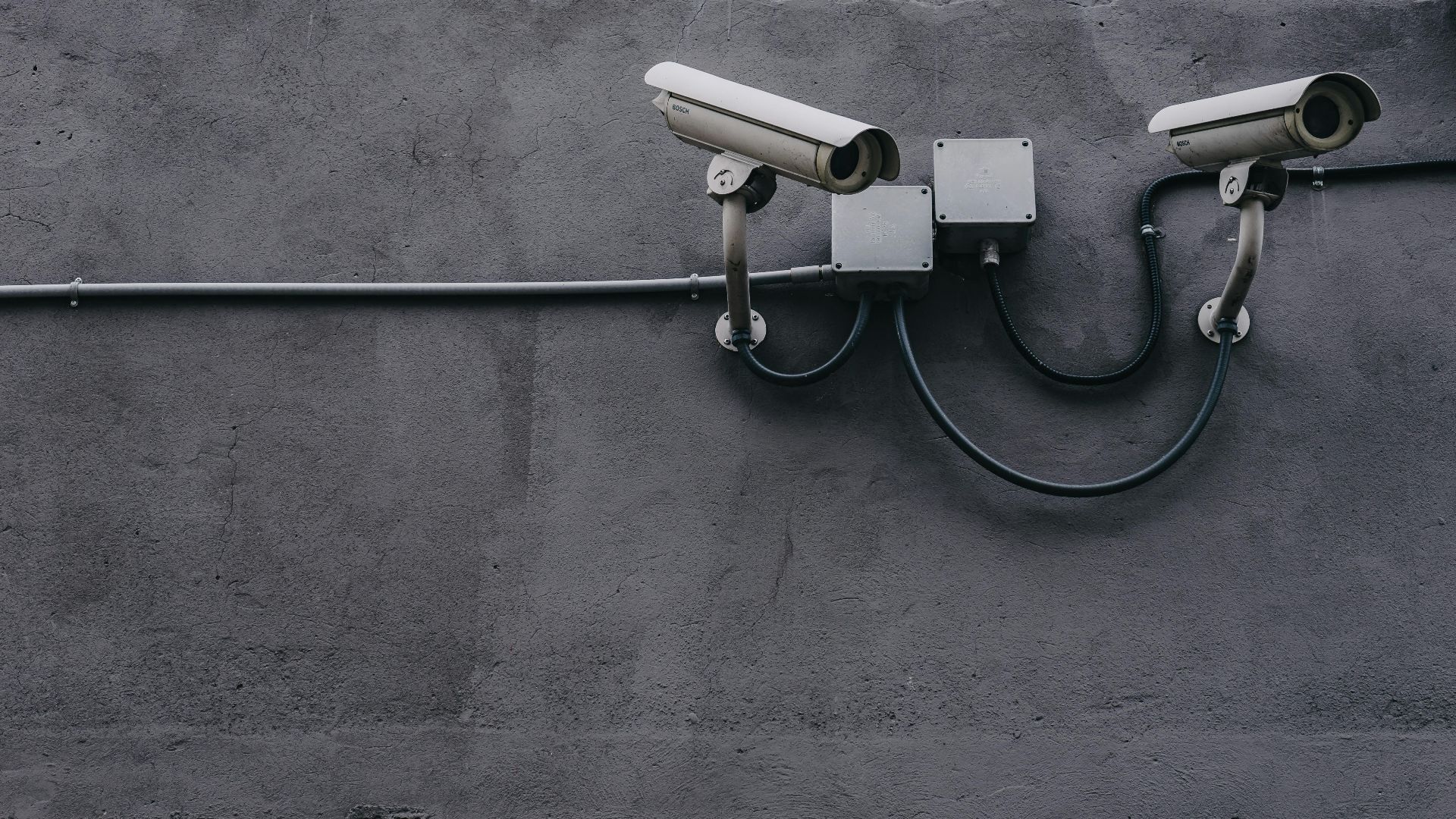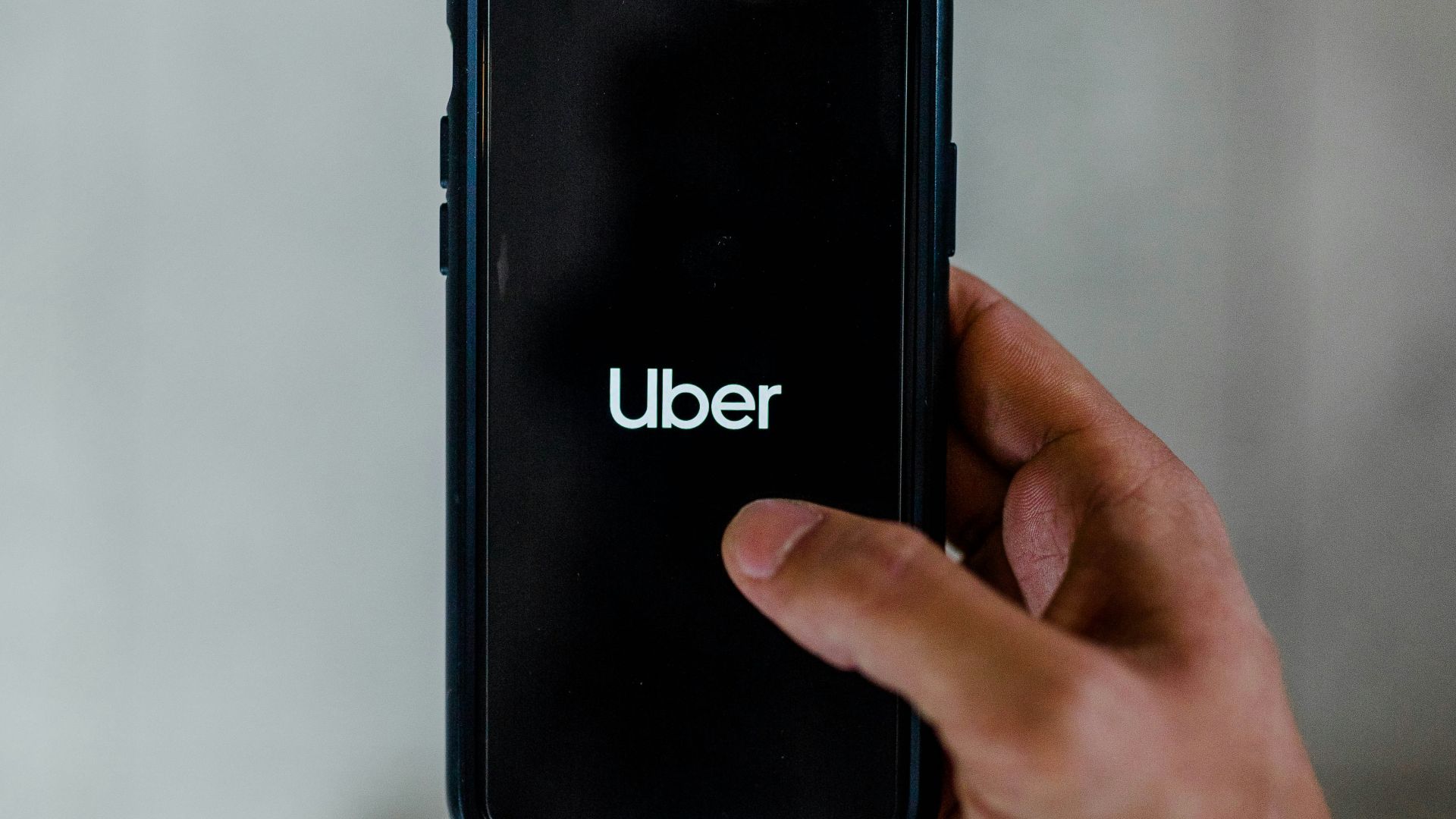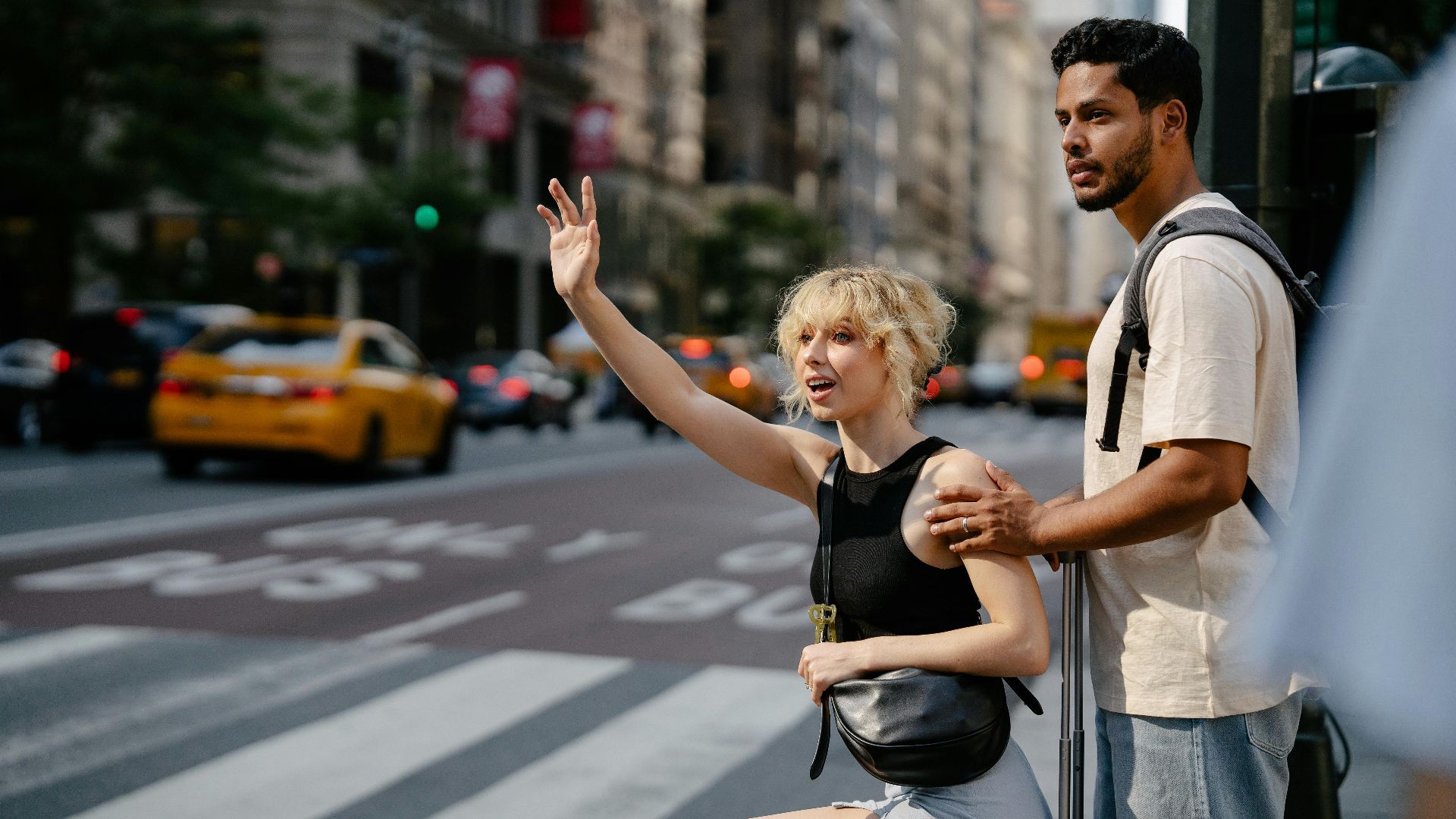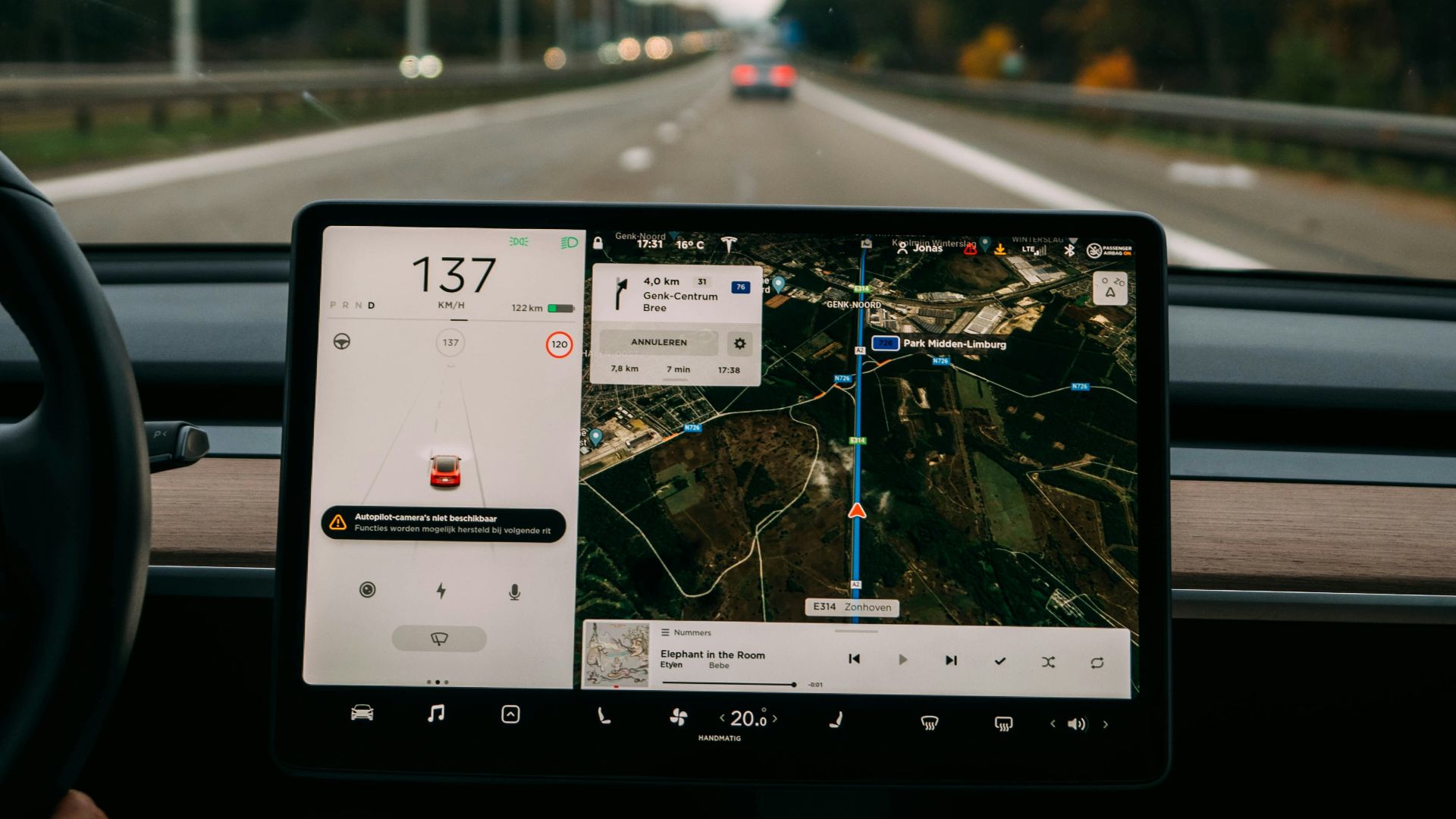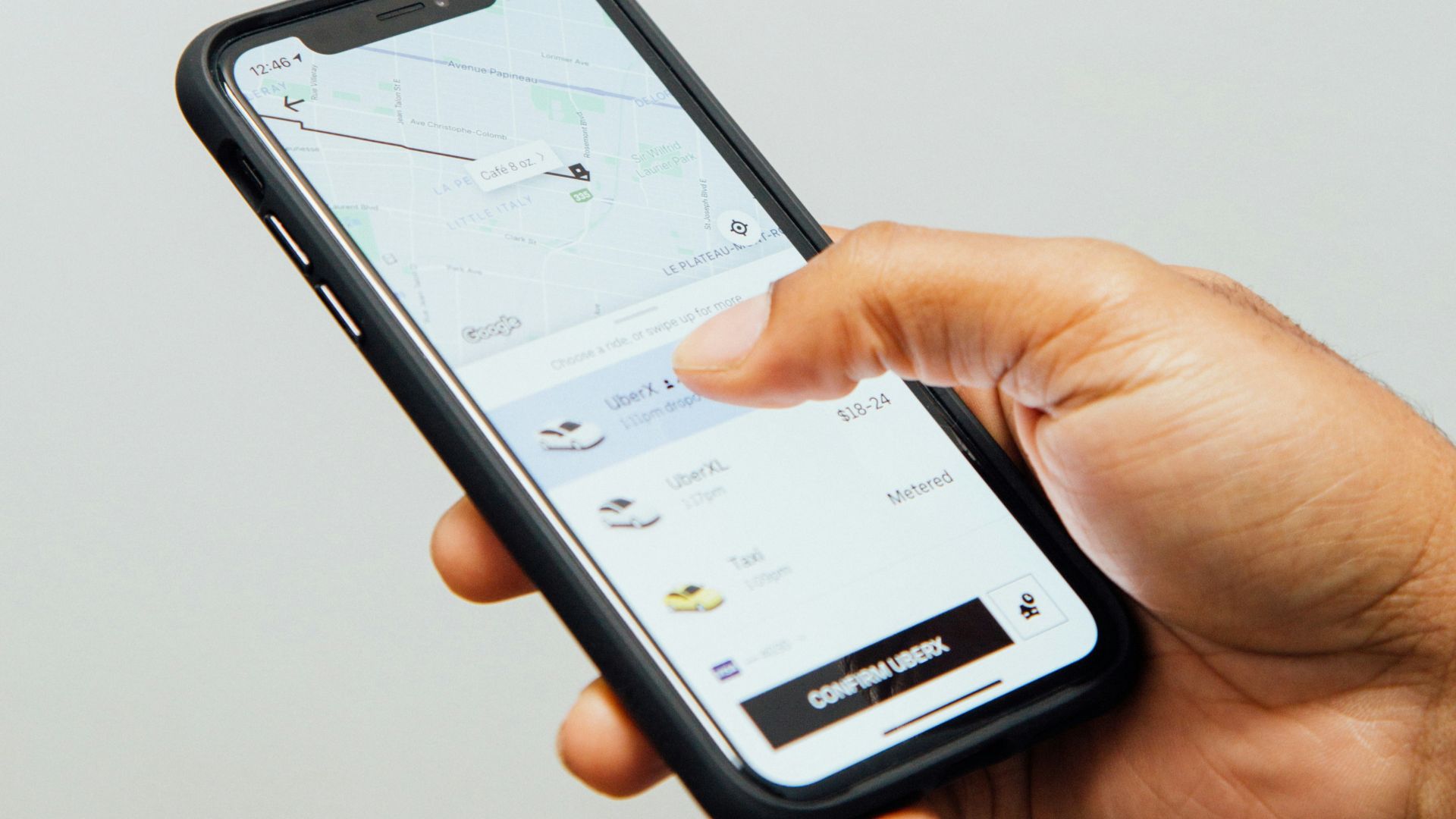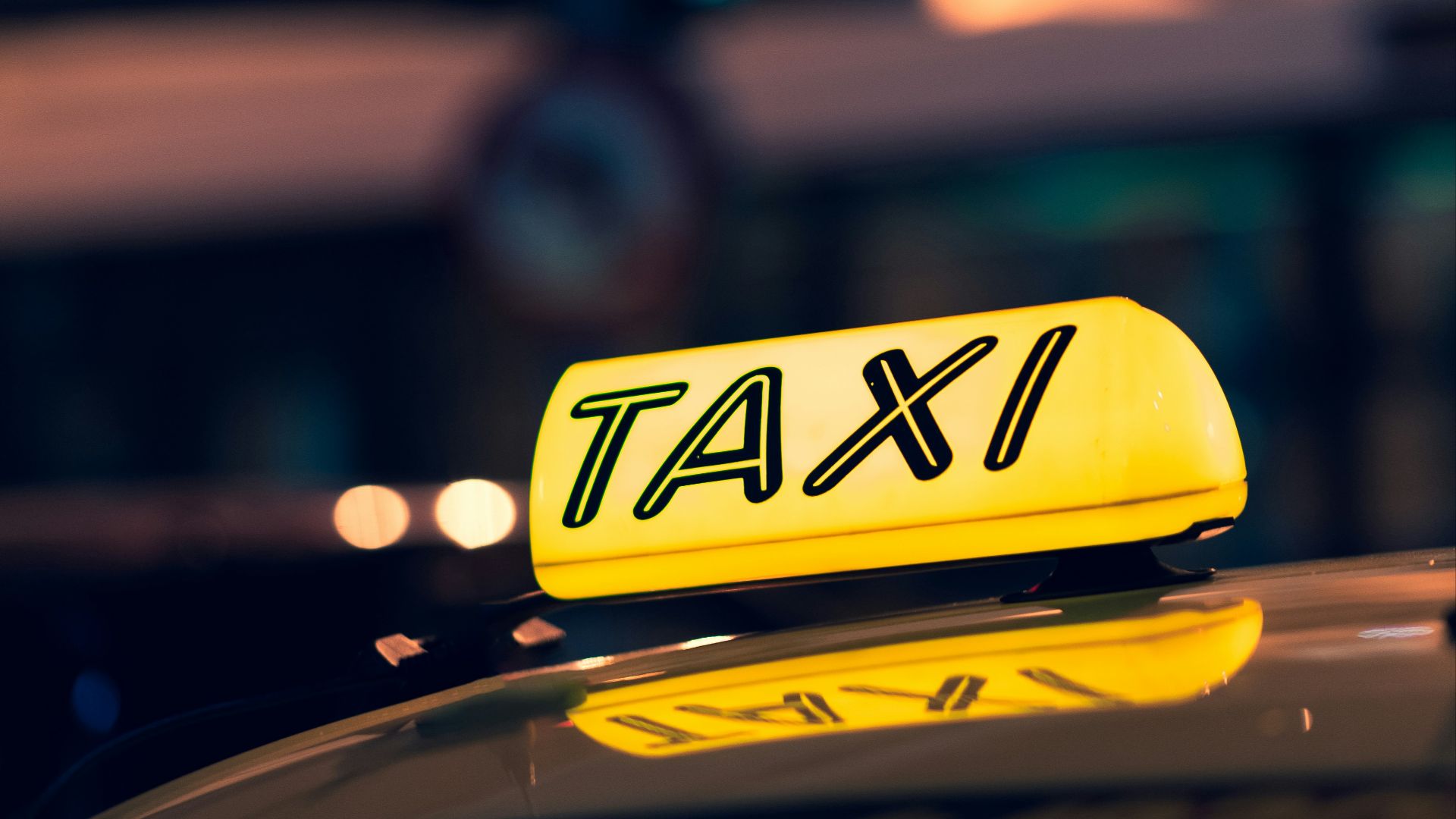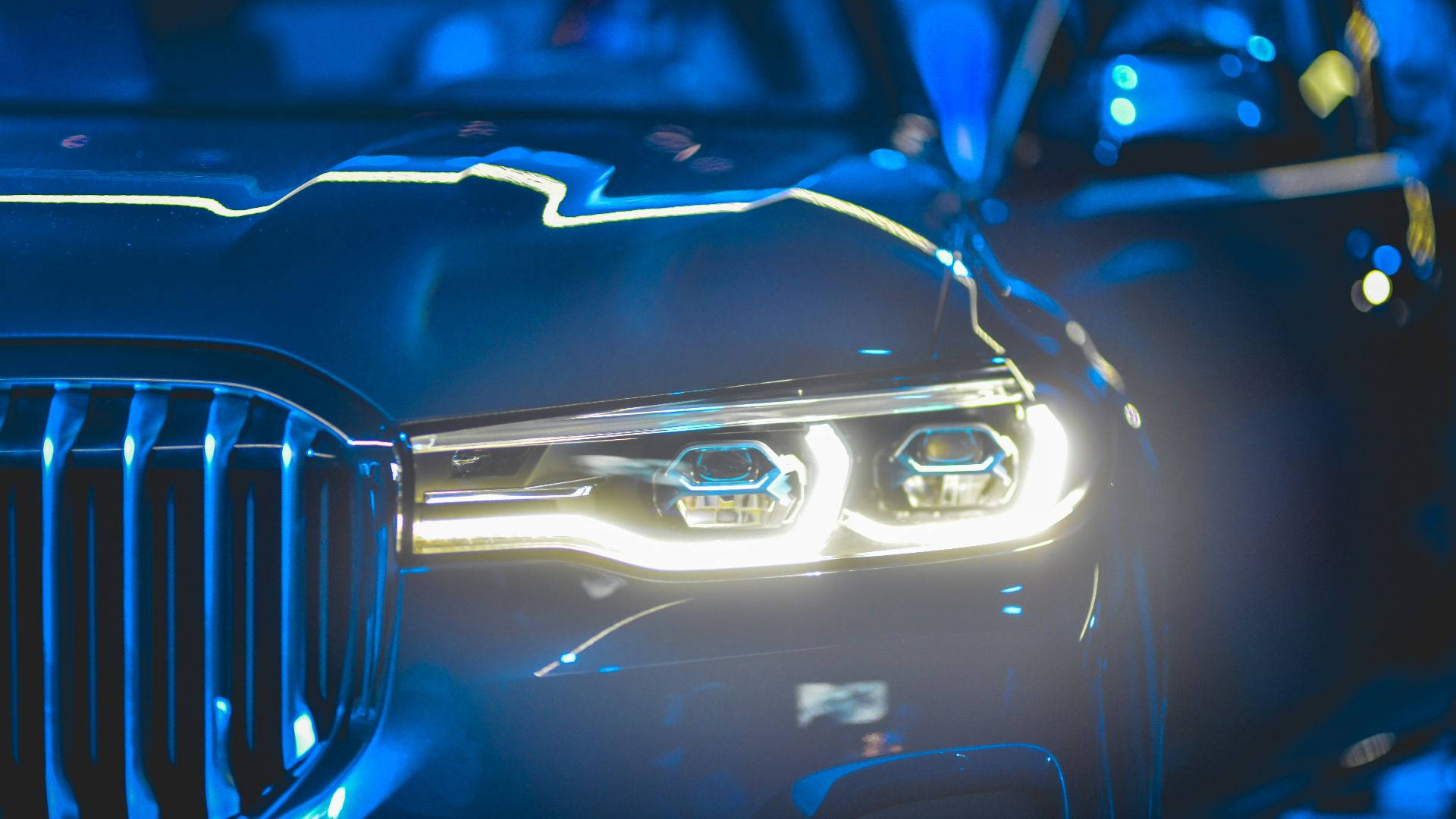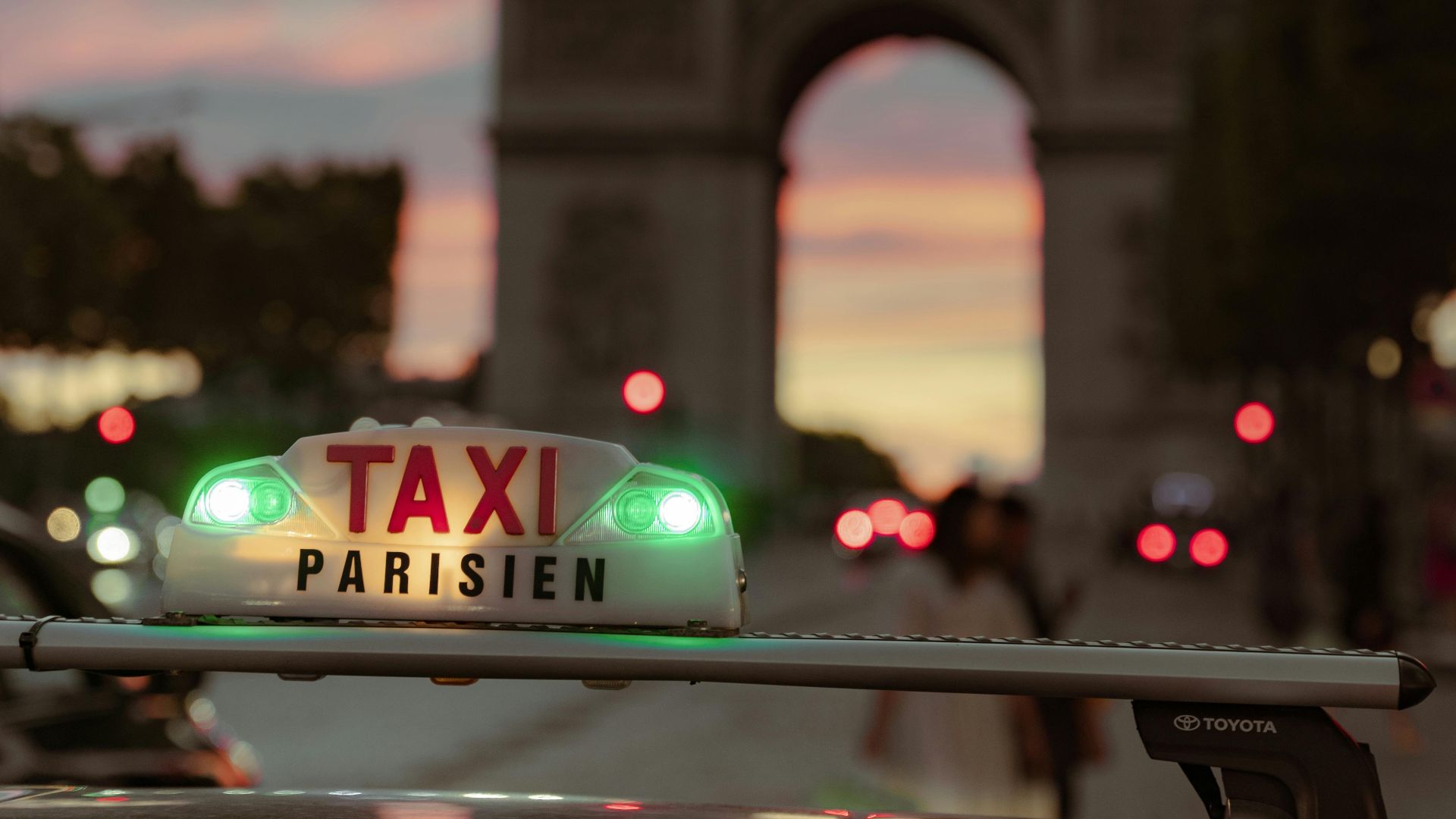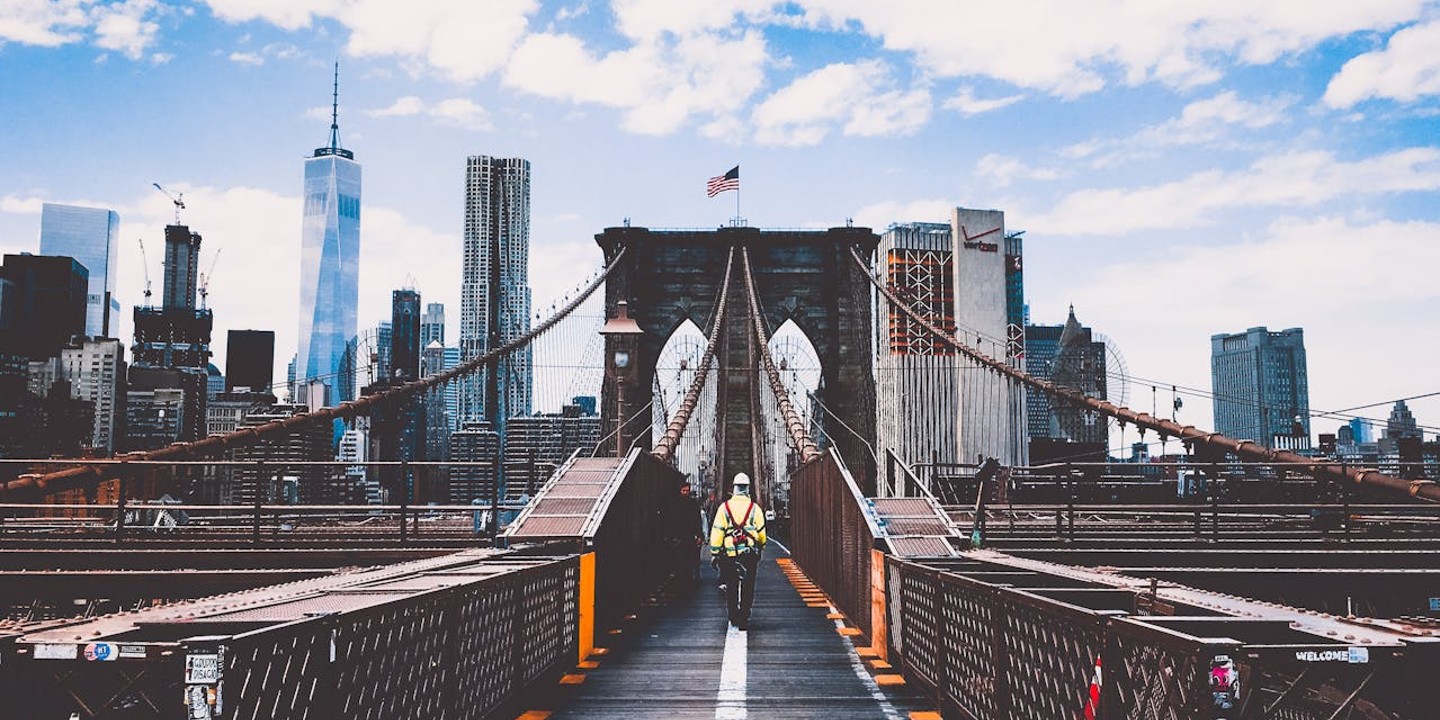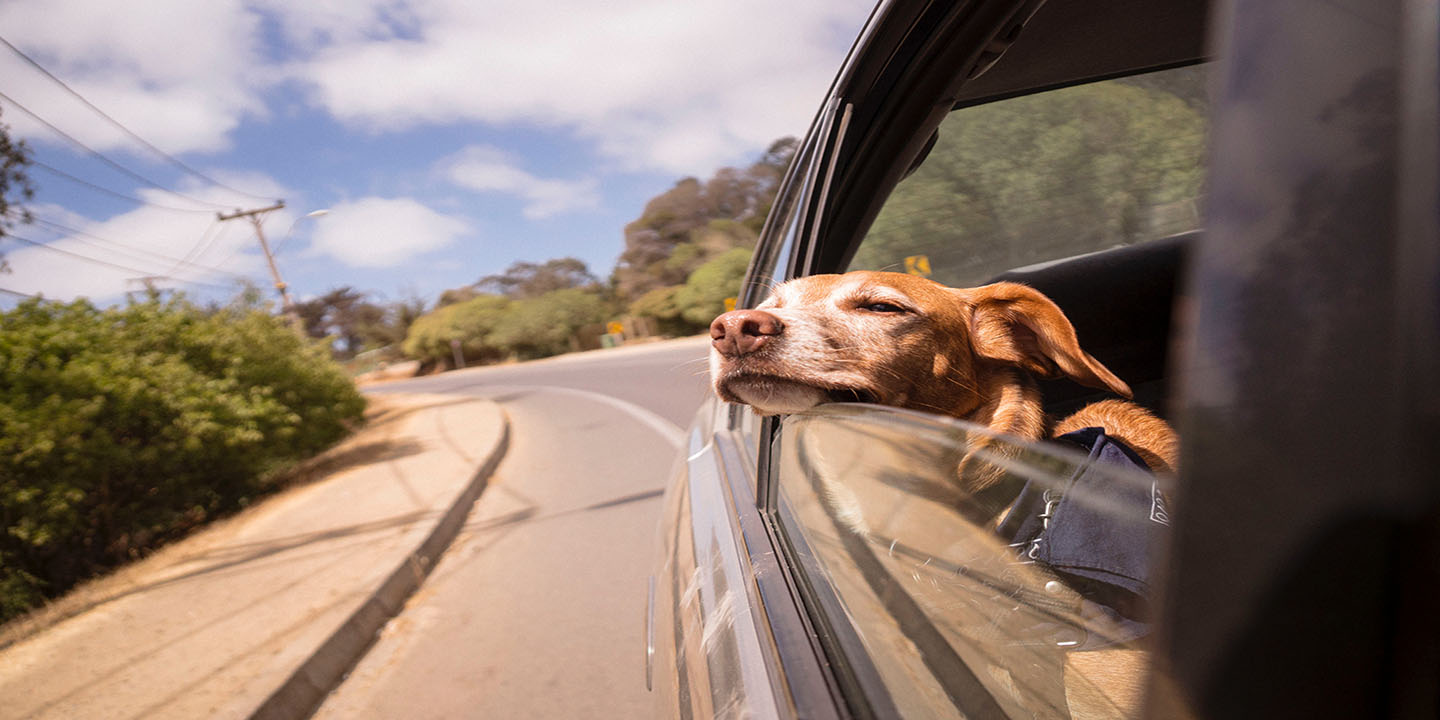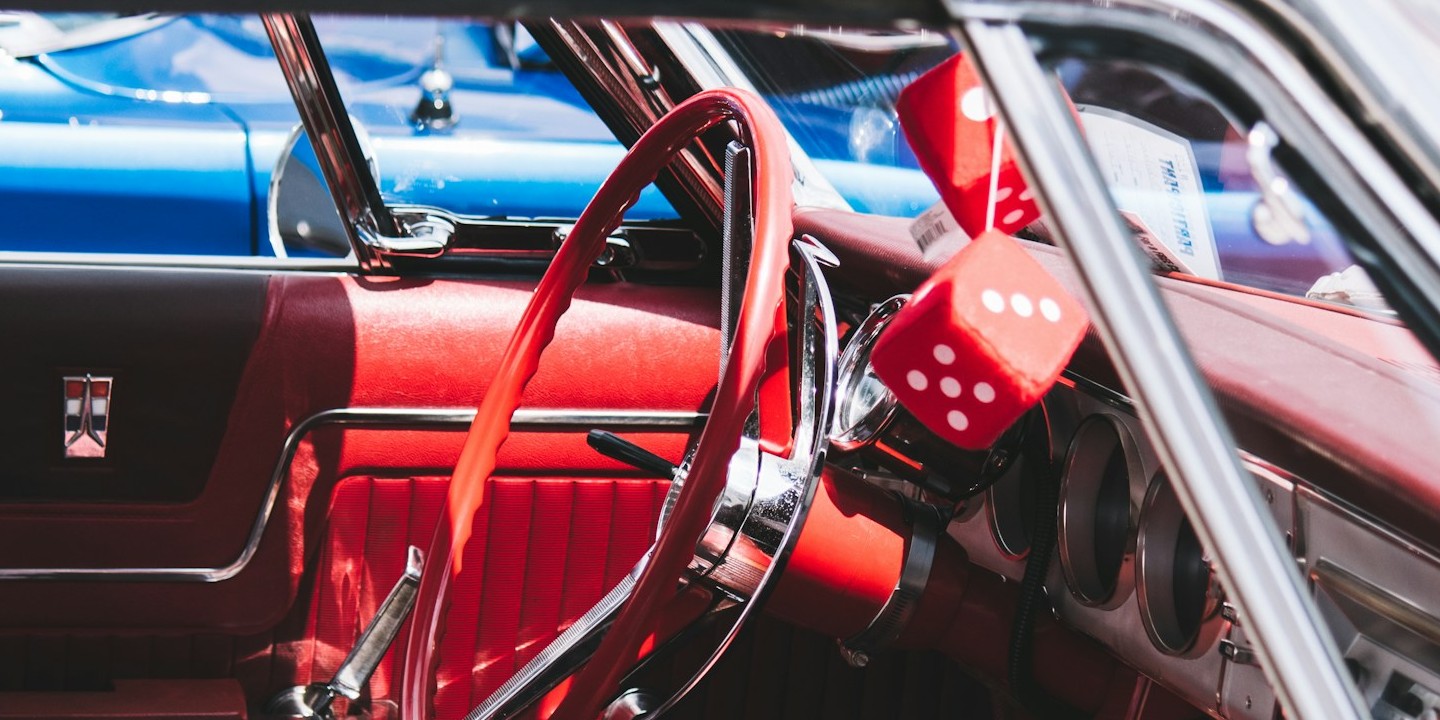10 Reasons Everyone Hates Uber & 10 Ways It's Still Better Than Taxis
Is Uber Cutting Edge or Cutthroat?
Uber has long been the subject of controversy for their questionable business practices from skirting the law to mistreating their employees. As consumers, it's important to make ethical choices when it comes to where we put our money. Many have decided to boycott Uber to punish them for their bad deeds. However, the company's proponents would argue it's not doing anything different than other major companies. After all, anything new and innovative from the elevator to the internet has been met with opposition. To help you decide where you stand on the matter, here are 10 reasons everyone hates Uber and 10 ways it's still better than taxis.
1. Driver Recruitment
A key part of Uber's success is its mass of drivers. The company offers attractive deals promising false earnings to drivers to lure them away from taxicab businesses. In reality, drivers generally make less than minimum wage after vehicle expenses.
 Cytonn Photography on Unsplash
Cytonn Photography on Unsplash
2. Driver Safety
Because Uber has created a system where drivers are barely scraping by, they're forced to accept risky rides late at night or in violence-plagued areas. Drivers have been robbed, attacked, and even killed by passengers.
3. Mistreating Drivers
By classifying its drivers as independent contractors/gig workers, Uber avoids giving them the same benefits and protections as a regular employee. The company also takes a big cut of driver earnings, can fire a driver instantly with no severance pay, and has an unfair rating system that riders can manipulate to get free rides.
4. Surge Pricing
When rides are in high demand, Uber raises their prices by two or even three times the original. This is awful for riders who feel exploited in times of emergency, but even worse for drivers who don't always see the extra money. Uber has been accused of manipulating the prices drivers see and pocketing some or all of the difference.
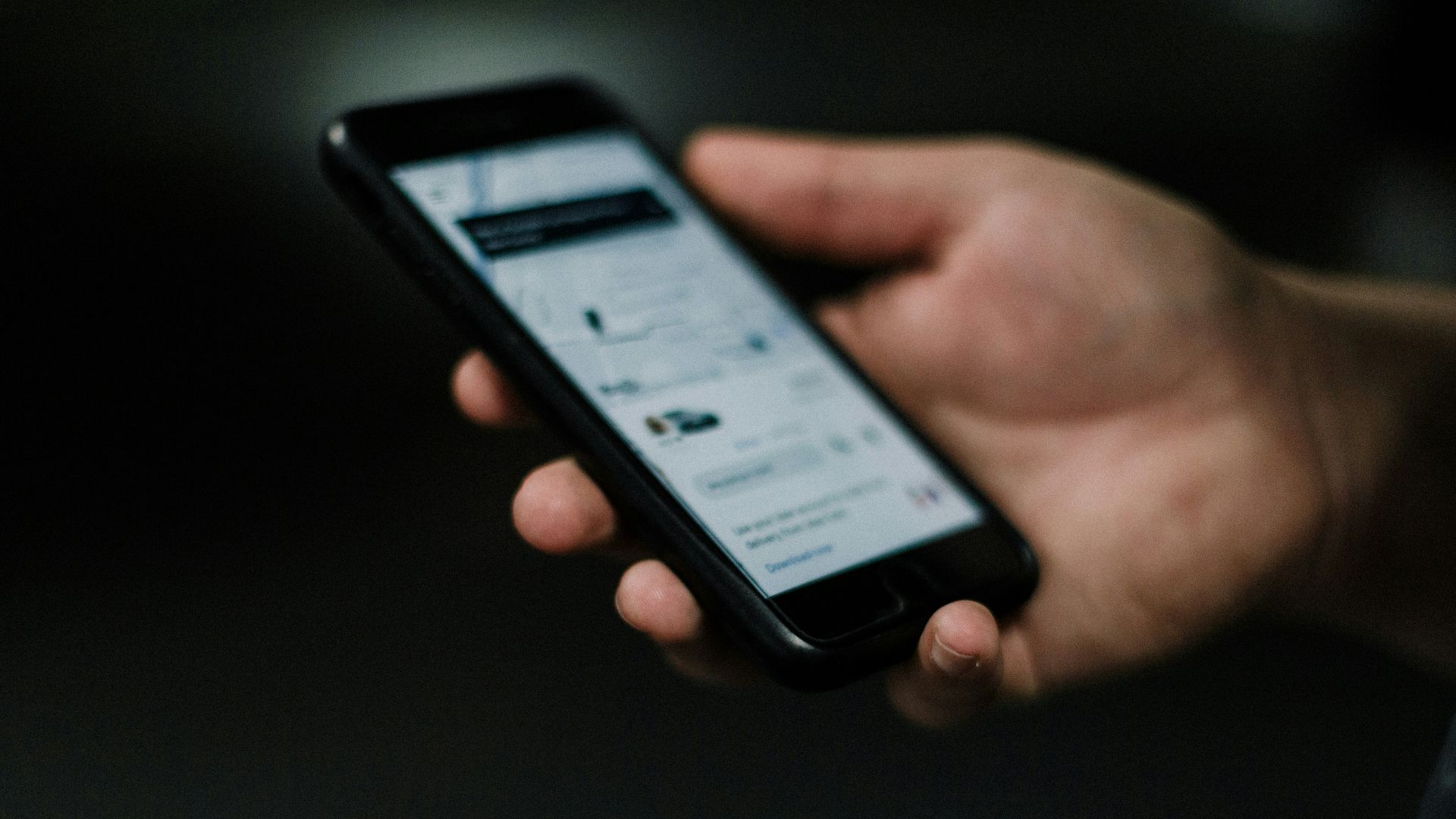 Priscilla Du Preez 🇨🇦 on Unsplash
Priscilla Du Preez 🇨🇦 on Unsplash
5. Passenger Safety
In addition to concerns about driver safety, there are concerns about passenger safety too. As Uber doesn't do extensive enough background checks on drivers, people with criminal records or DUIs have been known to slip through the cracks. Uber drivers also don't need any special license or go through the rigorous training that taxi drivers do.
6. Monopolized Market
Uber's strategy is to monopolize the market by operating at a loss, thereby driving out competition. After it has secured market dominance, the company increases fares and commissions.
7. Disruption Of Classic Taxicab Business
Perhaps one of the problems most often associated with Uber is the disruption it causes to taxicab businesses. After Uber enters the market, taxi drivers experience a 50 percent or greater cut to their income. At the same time, Uber has declared itself a "technology company" so it can avoid the same regulations taxi companies must abide by.
8. Legally Questionable
Uber operates in the legal grey zone, or even flat-out illegally, evading or ignoring local regulations. The company has been found guilty of lobbying government officials, using a "kill switch" to hide company secrets, evading taxes, and even designing a software tool that would display a fake version of the app to local police with the abject purpose of evading the law.
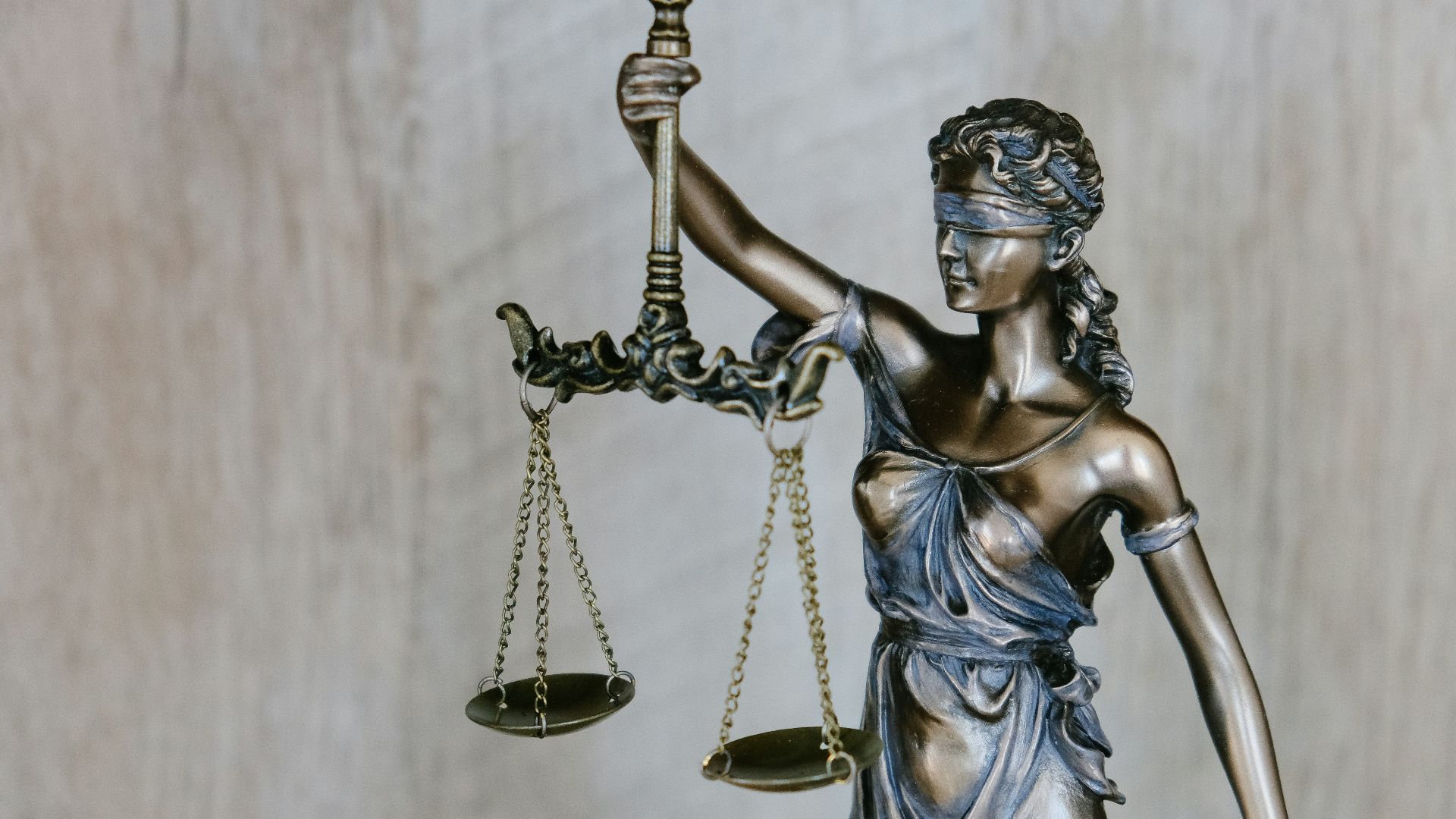 Tingey Injury Law Firm on Unsplash
Tingey Injury Law Firm on Unsplash
9. Corporate Culture
The company's mistreatment goes beyond the cars and into its offices. Uber has been accused of having a toxic "bro culture" where harassment complaints would go ignored. Sudden mass layoffs, burnout culture, and 60-hour workweeks are staples of its corporate culture.
10. Data Privacy Issues
Uber has been caught tracking users after the ride has ended. What's more, it's been embroiled in several data breaches, exposing millions of riders' and drivers' personal details.
Now that we've covered why Uber is a boycott-worthy company, let's go over the reasons people still prefer it over taxis, despite everything.
1. It's Cheaper
The obvious reason why people still use Uber is that it's usually significantly cheaper than taking a traditional taxi. Barring surge prices, Uber is anywhere from 20 to 50 percent cheaper than taxis on average.
2. Seamless Payments
Because you pay for your ride directly in the app, payment is much more convenient through Uber. With cabs you have to make sure they have a card machine or have cash on you at all times.
3. Driver Rating System
Taxi companies don't have a driver rating system, meaning they often don't care as much about your ride experience. Though flawed, Uber's rating system gives drivers incentives to enhance their rides.
4. Easier To Hail
Have you ever tried hailing a cab in Manhattan during rush hour? Forget about it! Just a few clicks on the Uber app will get you a ride.
5. GPS Tracking
Uber's GPS tracking allows you to track your ride and share it with friends and family, making your riding experience feel safer. Taxis don't usually have this function which makes them harder to trace in case of issues.
6. More Car Options
If you need a larger car or something more luxurious, you can customize your ride in the Uber app. With cabs, you take what you can get.
7. No Fear Of Getting Ripped Off
While cabbies have a bit of a reputation for scamming riders, saying their card machine or meter isn't working, Uber eliminates this possibility. Payments and distances can't be manipulated by drivers because it's all displayed transparently in the app.
8. Cleaner & Newer Rides
Uber has certain standards that outline the age and condition a driver's vehicle must be in. Cabs are often very old, dirty, or smelly, making for a far less pleasant riding experience.
9. Greater Availability
In certain places and at certain times, Uber is much more reliably available than taxis. For example, at certain times of night when most cabbies are off duty, you can always find Uber.
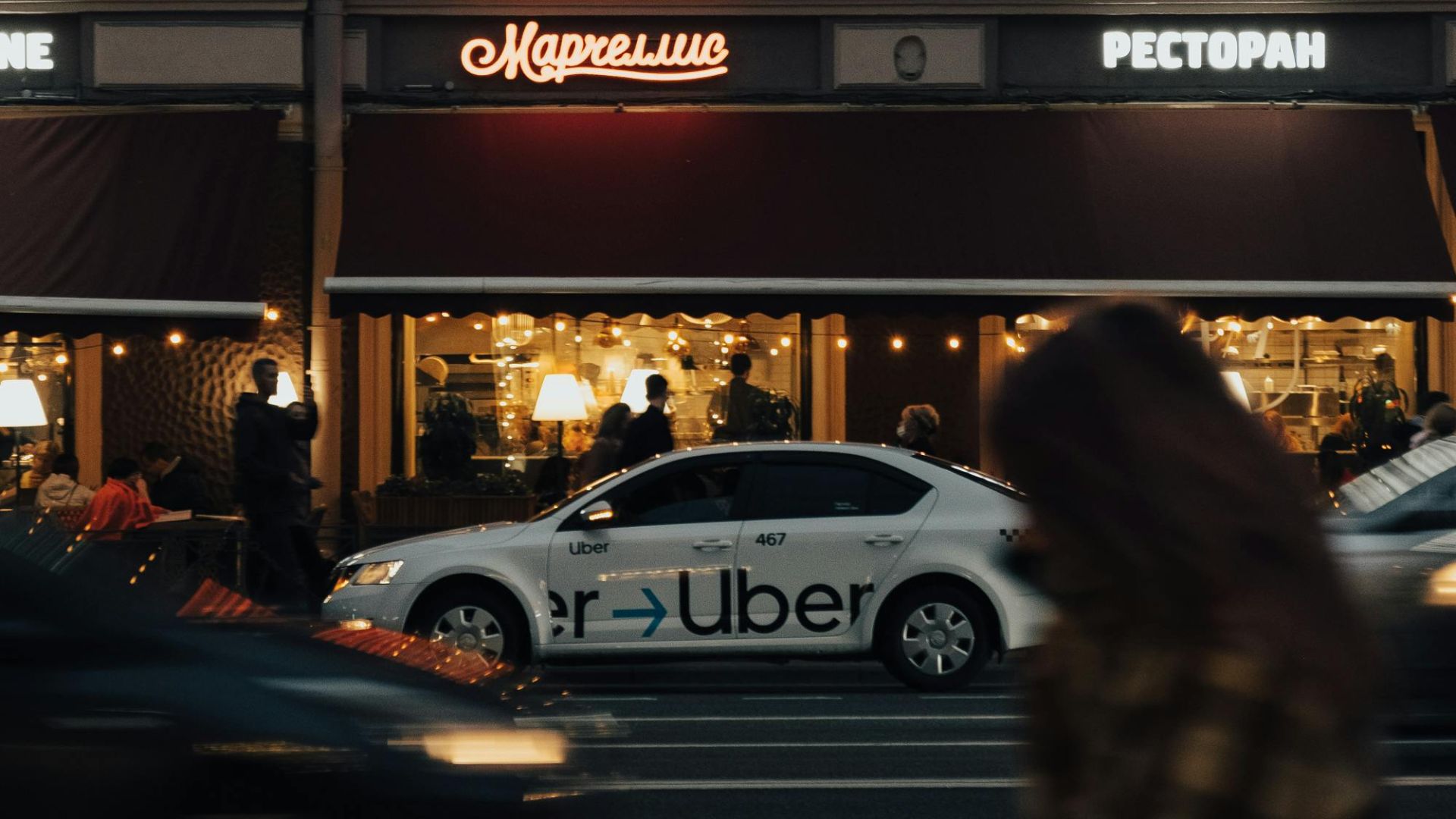 Vitaliy Mitrofanenko on Pexels
Vitaliy Mitrofanenko on Pexels
10. Easier To Use In Foreign Countries
In places where you don't know the language or where you are, Uber is much easier to use than taxis. Instead of having to figure out that country's specific taxi system, you just have to open an app you're already familiar with.


